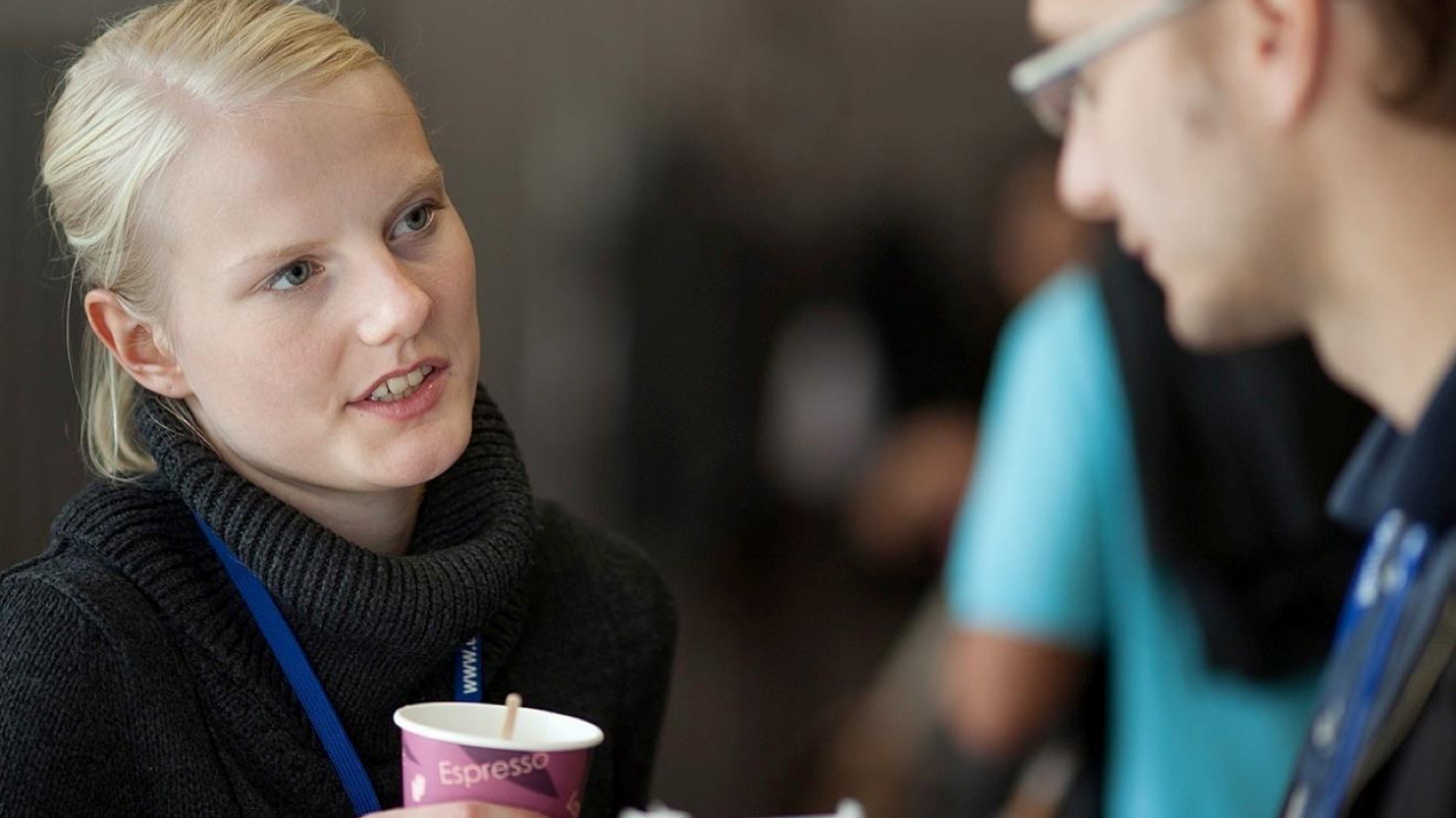



DAAD - German Academic Exchange Service
Change by exchange is the motto of the DAAD. Exchange promotes understanding between countries and individuals and helps secure the peace. New scientific findings enable us to meet global challenges. Cooperation contributes to political and social progress.
The DAADis the independent organisation of German higher education institutions and their student bodies, devoted to internationalising the academic system. We are an experienced intermediary between university systems and a worldwide network of external partners and a German institution in Europe, which contributes to shaping the European Higher Education Area and the European Research Area and promotes European interests throughout the world. Furthermore, the DAAD is a professional organisation which fully supports and relies on its employees, whose competence and international expertise are vital to its operation.
Through DAAD supported projects and scholarships, 154 Filipinos and Filipinas could receive funding in 2019. Furthermore, there are currently 47 partnerships between German and Filipino Universities, facilitating academic exchange between the two countries. Our Alumni are well taken care off, with regular alumni events being organized in in cooperation with other German partners and the possibility of research support after returning to the Philippines.
The DAAD has also been supporting the University of the Philippines Diliman since years with a Lecturer position in the German Section of the Department of European Languages, the only Filipino Department offering a Bachelor of European Languages with a major in German.




